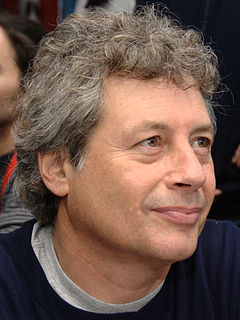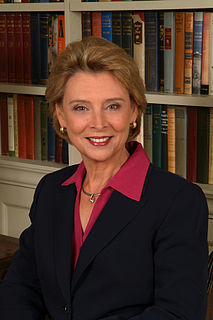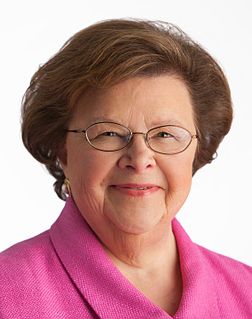A Quote by Marcel Proust
It is always thus, impelled by a state of mind which is destined not to last, we make our irrevocable decisions
Related Quotes
The expansionary operations of the Second Bank of the United States, coupled with its laxity toward insisting on specie payment by the state banks, impelled a further inflationary expansion of state banks on top of the spectacular enlargement of the central bank. Thus, the number of incorporated state banks rose from 232 in 1816 to 338 in 1818.
The purpose of spiritual life is not to create some special state of mind. A state of mind is always temporary. The purpose is to work directly with the most primary elements of our body and our mind, to see the ways we get trapped by our fears, desires, and anger, to learn directly our capacity for freedom.
As long as the artist invents and is inspired, he remains in a constrained state of mind, at least for the purpose of communication. He then wants to say everything, which is the wrong tendency of young geniuses or the right prejudice of old bunglers. Thus, he fails to recognize the value and dignity of self-restraint, which is indeed for both the artist and the man the first and the last, the most necessary and the highest goal.
On occasions, after drinking a pint of beer at luncheon, there would be a flow into my mind with sudden and unaccountable emotion, sometimes a line or two of verse, sometimes a whole stanza, accompanied, not preceded by a vague notion of the poem which they were destined to form a part of.... I say bubble up because, so far as I could make out, the source of the suggestions thus proffered to the brain was the pit of the stomach.
Leadership is creating a state of mind in others. The difference between being a leader and manager, all due respect to managers, is that leaders have to create states of mind. But a leader, first of all, has to have a clear state of mind, which is usually her own vision, which energizes her, motivates others, and then creates that state of mind in others.
The far right is saying to us: Forget about the two-state solution, it is going to be a Jewish state from the coast to Jordan. The left wing says you have to forget about Jewish self-determination, you will have to live as a minority in an Arab state - just like the whites in South Africa. The key word that both have in mind is that the situation in the West Bank is "irrevocable." It is one of the words I dislike the most.
The most basic principle to being a free American is the notion that we as individuals are responsible for our own lives and decisions. We do not have the right to rob our neighbors to make up for our mistakes, neither does our neighbor have any right to tell us how to live, so long as we aren’t infringing on their rights. Freedom to make bad decisions is inherent in the freedom to make good ones. If we are only free to make good decisions, we are not really free.






































